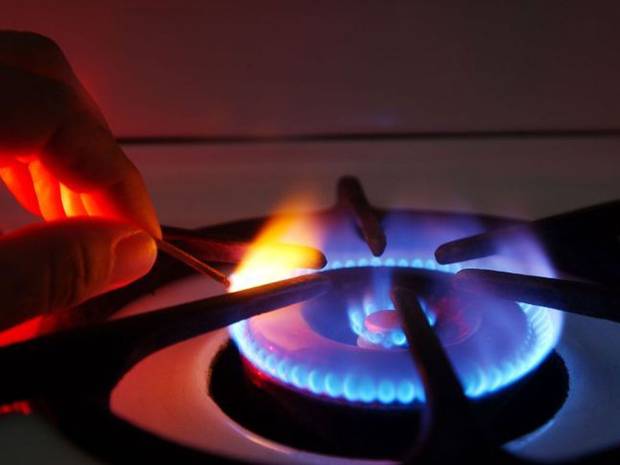
Searching for something in the dark is a fool’s errand. That is why, with a single switch, we can turn on a light to make the entire process simpler. While we may receive a bill for this electricity, few homeowners know exactly where their electricity is coming from. The electricity delivered to your home is a part of the UK energy market.
Lets take a moment to review electric generation, distribution, supply, and regulation. With any luck, you will no longer be searching in the dark the next time someone asks you about where you get your power from.
The Process
The first thing that should be mentioned and repeated is that energy in the United Kingdom is privatized. This means that individual companies, and not the government, are responsible for providing individuals with electricity. When it comes to supplying homes in the United Kingdom with power, there are three primary steps. The first is making the electricity. The second is transporting the necessary electricity and gas. The third is selling these things to you, the customer. In general, energy companies can work in these three steps, but some energy companies in the UK are involved in only 1 or 2 of the 3 primary steps. Because energy in the UK is privatized, and because there are a wide number of companies to choose from, each person must choose who their energy supplier is based on the companies available in their region.
Where Does Electricity Come From?
Along the national transmission network are a number of large power stations. These are where the majority of electricity is generated. Closer to homes there are regional distribution networks that act as local power stations. The size and location of these power stations depends on government regulation and market requirements. In addition, factors like the environment may play a role in the location and size of a power station. As a final note, the particular way in which power is generated is up to the power company and government regulation.
How Is Electricity Transmitted/Distributed?
In the United Kingdom, electricity networks are split into transmission and distribution. How do these two differ? Distribution networks normally run at lower voltages. They are what transmit electricity to homes and businesses on a local level. Transmission networks on the other hand are high voltage, and are solely responsible for transporting power over great distances. Transmission networks do not directly connect to households. While different electric companies work with the distribution network, National Grid is responsible for running and balancing the system.
What Is the Energy Supply?
In the United Kingdom, there is a supply of energy in a wholesale market. People who supply energy to you can purchase this energy on this market. Including gas as well, the market is relatively competitive, helping to ensure a fair price for electricity when sold to the individual. Energy supply can also be a blanket term referring to how much energy the UK produces in any given amount of time.
Are There Any Regulations?
Ofgem, or the Gas and Electric Market Authority is responsible for overseeing the energy industry in the United Kingdom. Their primary role is to protect the consumer in the energy industry, ensuring and helping to promote competition when it is necessary. Ofgem is also responsible for providing companies with their licenses. As a final note, they can set changes to the rules that govern the energy market.
Where Does That Leave Us?
Simply put, the energy market in the United Kingdom can be confusing. There are 3 primary steps to bringing power to households, and power companies can be a part of a couple or all of these steps. There is also an energy supply and marketplace in which these companies can buy and sell electricity in order to reach their consumer demand. Overlooking all of this is the Ofgem, or the Gas and Electric Market Authority. Their responsibility is to ensure that you the consumer is not being overlooked in the industry, as well as setting the rules and guidelines in which the industry operates.
Resources?
When it comes to furthering your understanding of gas and electric in the UK, there are an incredible number of resources available to you. First, there is your local power supplier’s website, and our own energy company contact numbers in the footer of our website. There you can read on what they do as a company, as well as what services they provide. From there you can learn all about their business practices. In addition to this, you can research the energy market in the UK through a number of government run websites dedicated to explaining the entire process in detail. Wide ranging and expansive, these websites are a also a great place to get statistics and measurements regarding annual prices, electricity use, and more in the UK.




